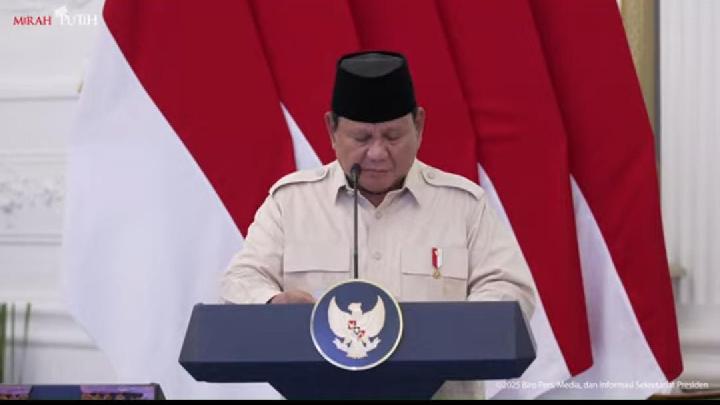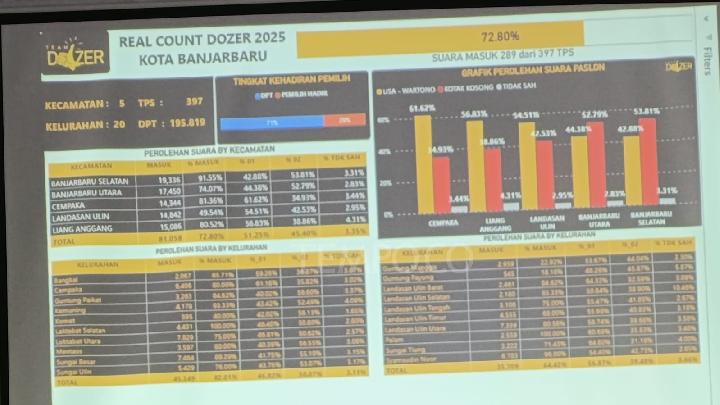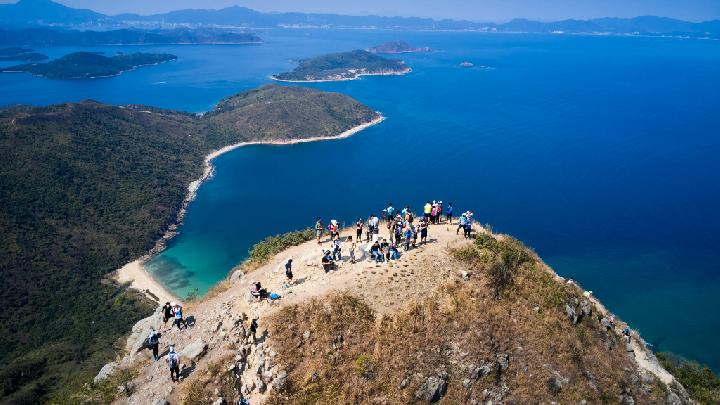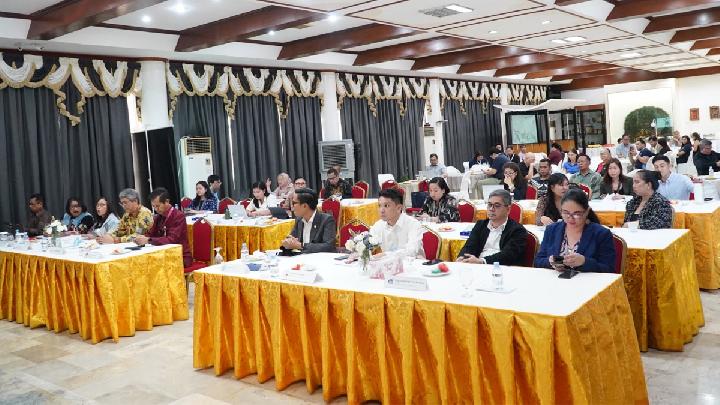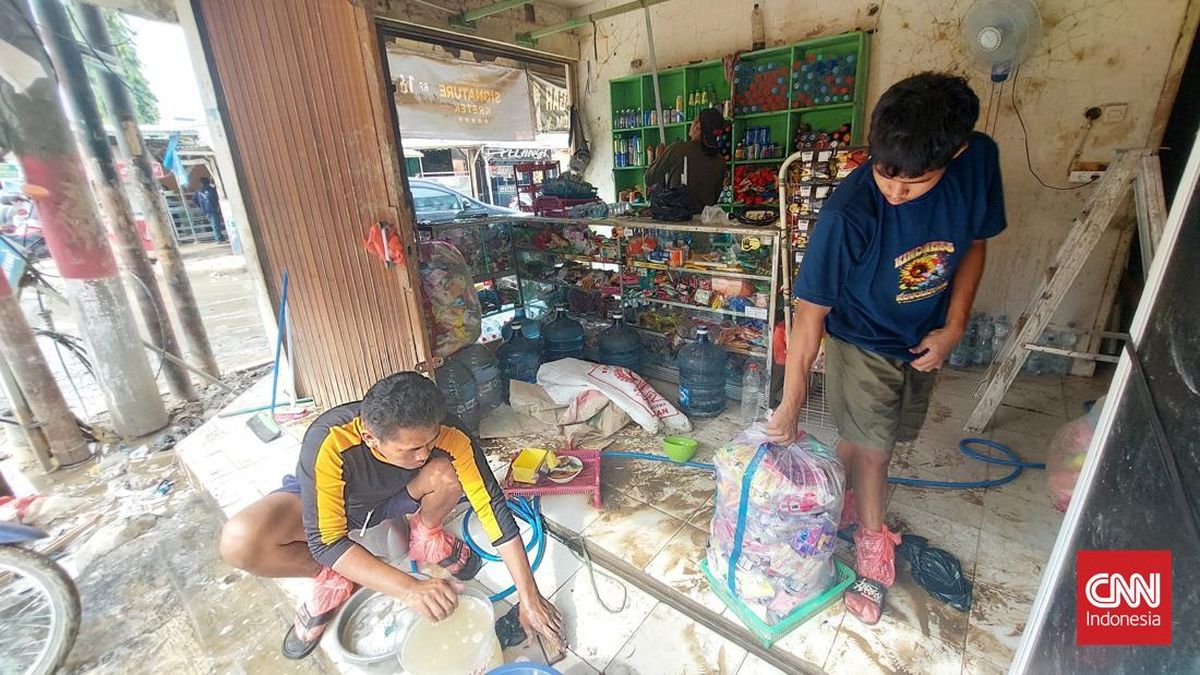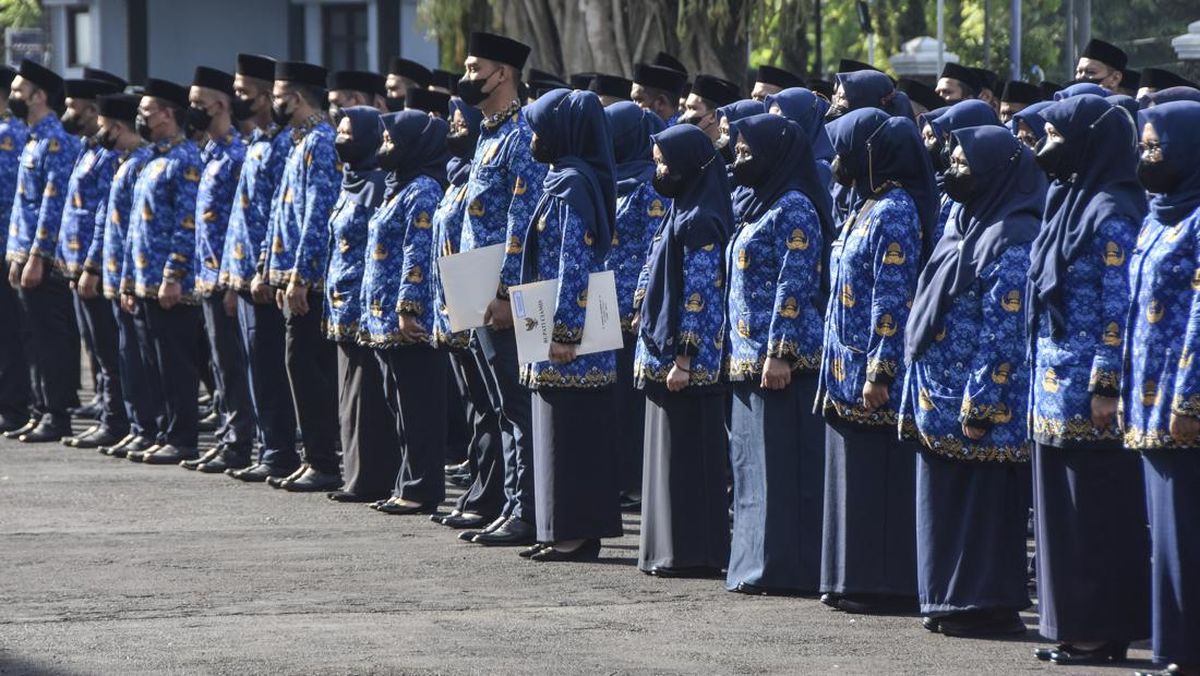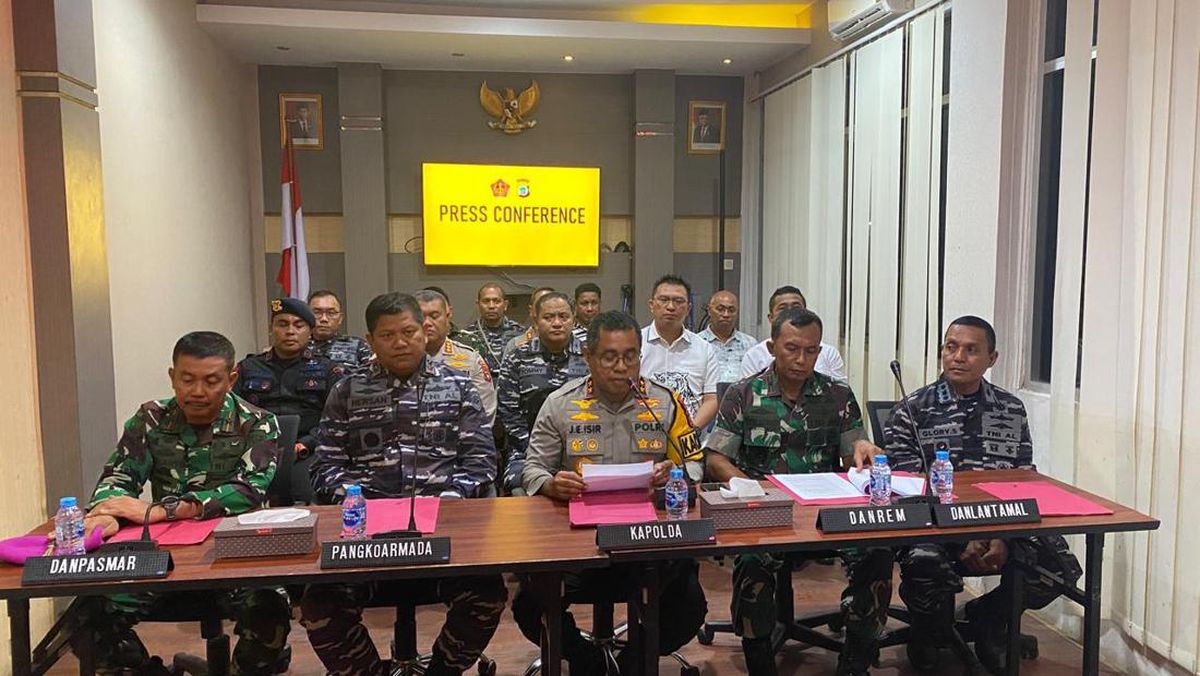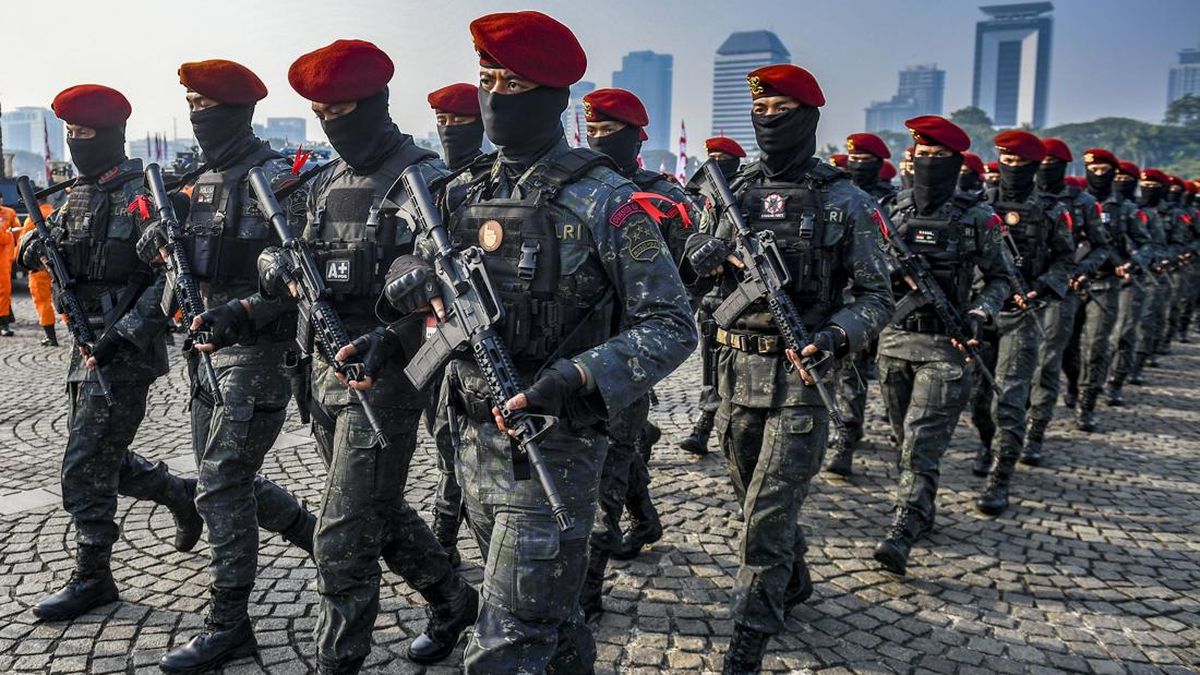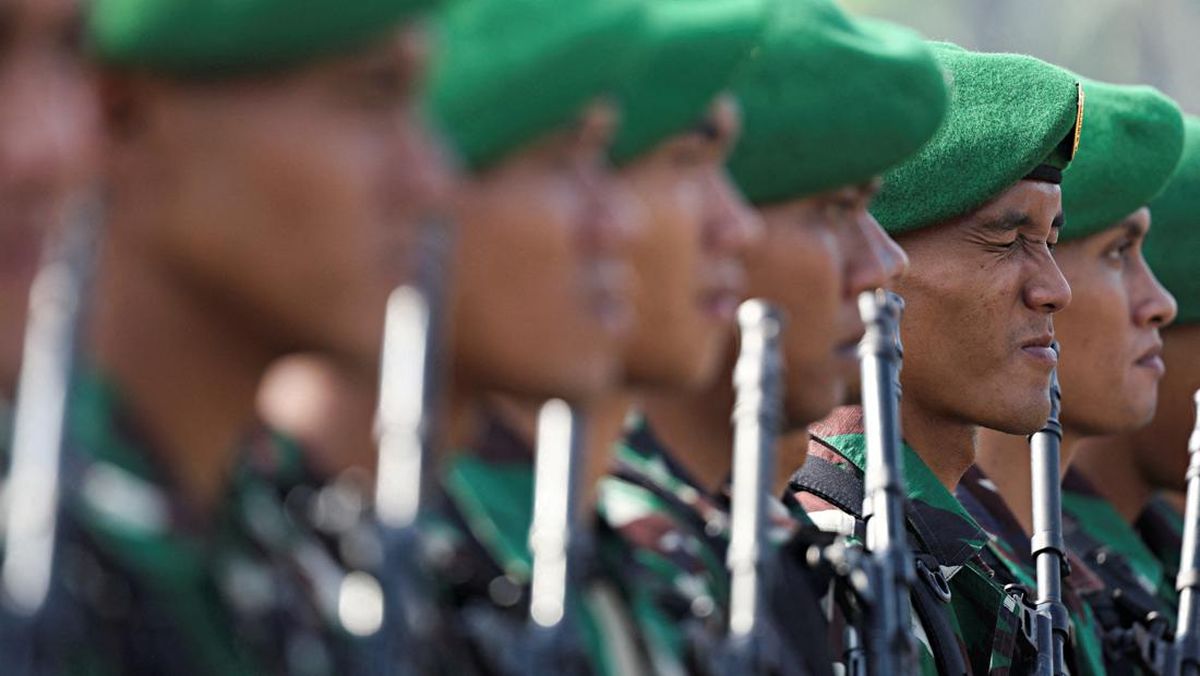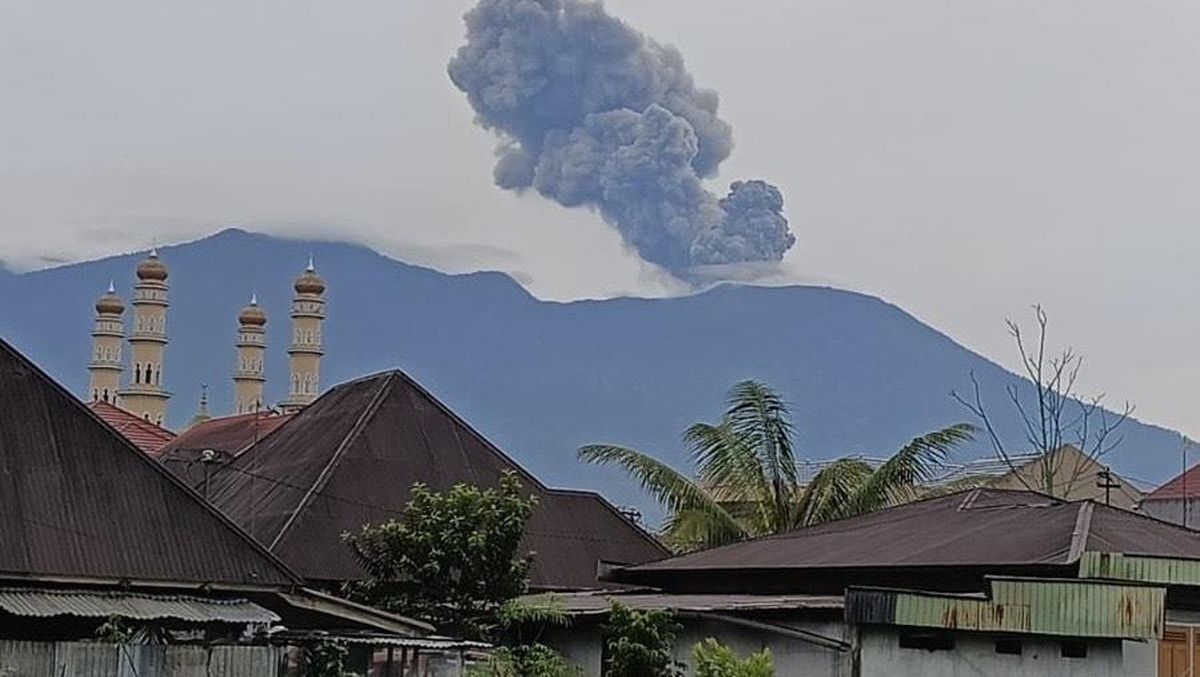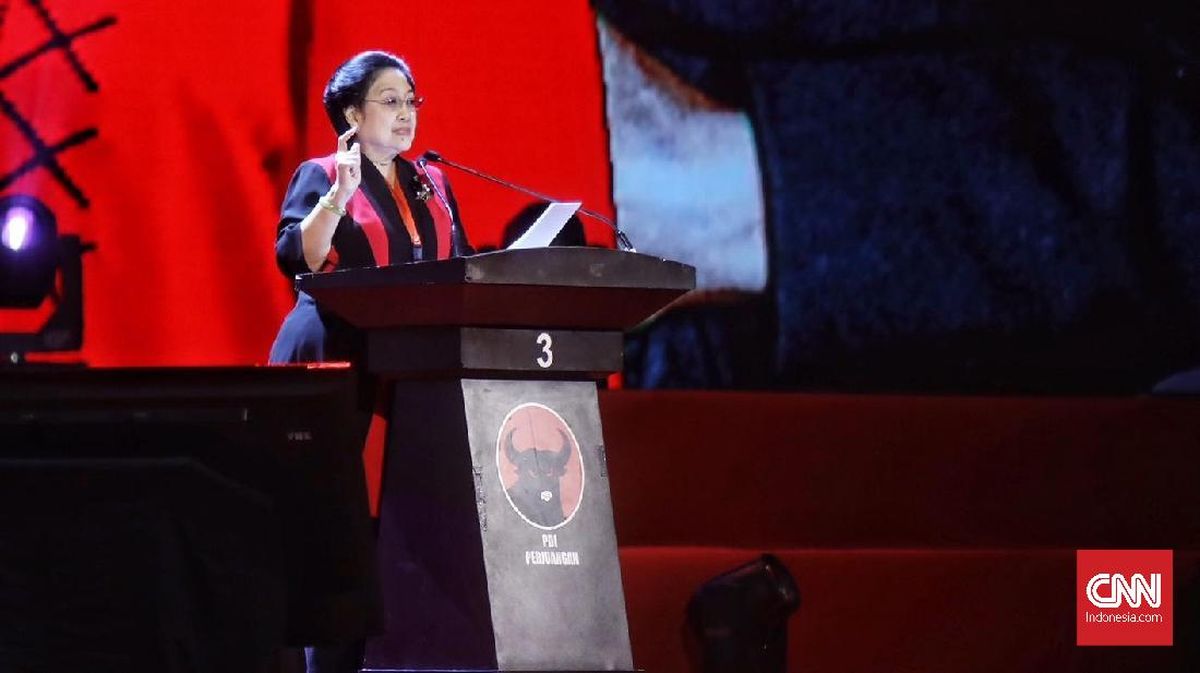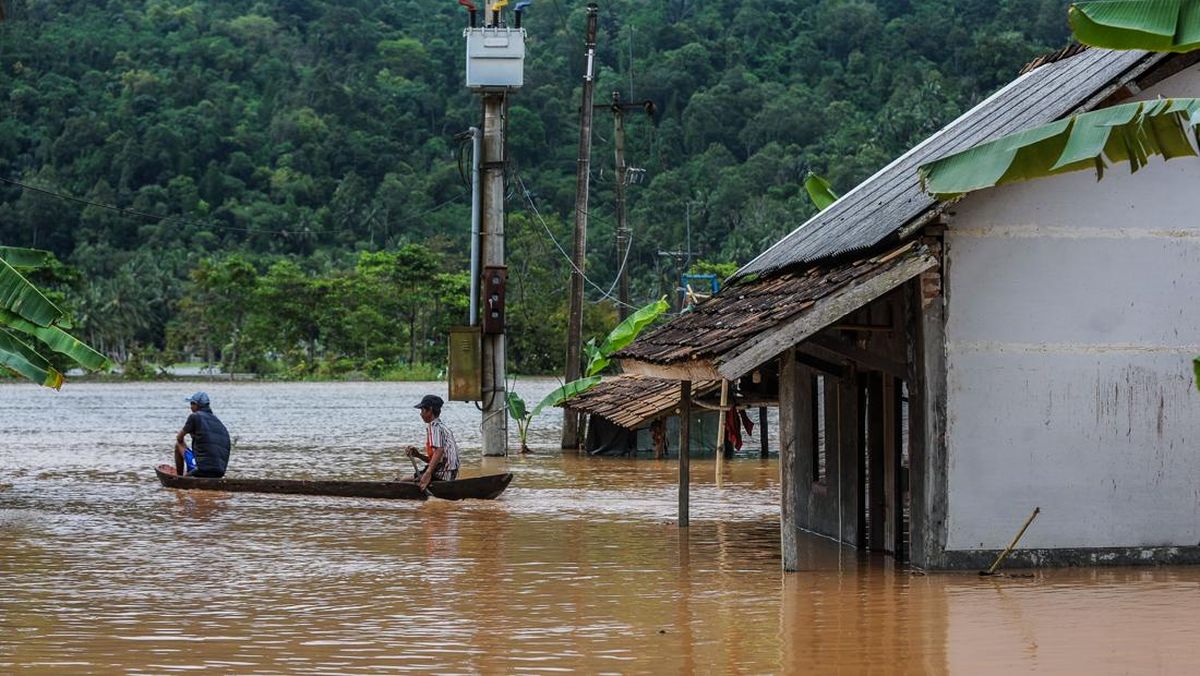TEMPO.CO, Jakarta - The Indonesian Industry Ministry has claimed that Indonesia currently maintains a relatively low number of non-tariff trade barriers (NTBs) and non-tariff measures (NTMs) compared to many other nations.
"Data shows that Indonesia currently has approximately 370 NTBs and NTMs in place. [This is significantly fewer than] China with over 2,800 such policies, India with more than 2,500, the European Union with around 2,300, and even Malaysia and Thailand, each having over 1,000 NTBs and NTMs," said Febri Hendri Antoni Arif, the spokesperson for the Industry Ministry, as reported by Antara on Tuesday, May 13, 2025.
However, NTBs and NTMs are important tools commonly used by developed countries to protect their domestic industries from competition from imported goods.
This disparity in the application of protective measures is considered a contributing factor to the weaker competitiveness of Indonesian industries in both local and international markets. "This is why foreign products can easily enter our market, while other countries, especially developed ones, have many trade barriers," Febri explained.
This situation becomes particularly apparent when Indonesian manufacturing industry players seek to export their products, as they must comply with various NTB and NTM requirements, such as quality standards, product testing results, and specific recommendations to gain market access in target countries.
Tholos Foundation Survey: Indonesia Ranked 122nd out of 122 Countries in Trade Barriers
Febri Hendri also addressed a survey report from the Tholos Foundation that positioned Indonesia at the very bottom, ranking 122nd out of 122 countries in the International Trade Barriers Index for 2025. He noted that the foundation did not provide clear information regarding the data and research methods it used.
"Ideally, the institution should publish the data, data sources, and the methodology used for its ranking. Based on the WTO, Indonesia's NTBs and NTMs are smaller compared to other countries, especially developed ones and neighboring countries in ASEAN," he contended.
Febri suggested that certain parties may not desire Indonesia's economic progress. Despite this, he highlighted Indonesia's great potential, citing its abundant natural resources, large domestic market, and promising demographic bonus.
One tangible form of government support for the national industry is the issuance of Presidential Regulation (Perpres) Number 46 of 2025, which is the second amendment to Presidential Regulation Number 16 of 2018 concerning Government Procurement of Goods and Services.
Factors Affecting International Trade Barriers
International trade, involving the exchange of goods or services across national borders through exports or imports, often encounters various obstacles. Key factors contributing to these barriers include:
1. A Country's Policies
National policies, such as import restrictions designed to protect local industries and boost national income, can impede international trade. Additionally, internal trade policies influenced by global political and economic dynamics can complicate trade access, particularly if aimed at strengthening the domestic market.
2. International Trade Policies
In addition to a country's internal policies, global trade policies can also create barriers. These are generally tied to political and economic considerations, with some policies intentionally implemented to promote domestic product sales.
3. Domestic Conflicts in a Country
While internal conflicts are sometimes unavoidable, they can significantly disrupt international trade. Such conditions often render conflict zones unsafe for goods distribution, thereby hindering export-import activities.
4. Export-Import Timelines and Requirements
The duration and complexity of import and export processes can also pose obstacles. International trade demands comprehensive documentation that adheres to specific standards, particularly for food and beverage products, which often face stricter regulations in certain countries.
5. Quality of Human Resources (HR)
A low quality of human resources can impede international trade by affecting the quality of exported or imported products. Therefore, improving workforce competence is crucial for competing in the global market.
6. Involvement in Regional Economic Organizations
While membership in regional economic organizations offers numerous benefits, such as increased national income, it can paradoxically act as a trade barrier. These organizations typically impose their own regulations, which may include prohibiting imports from non-member countries.
7. Currency Differences
Each country's distinct currency policy often creates a hindrance in international transactions. Consequently, international trade is usually conducted using mutually agreed-upon currencies, such as the US Dollar, Yuan, or Euro.
Editor’s Choice: Kadin Indonesia Warns Panasonic Layoffs May Affect Local Industry
Click here to get the latest news updates from Tempo on Google News




